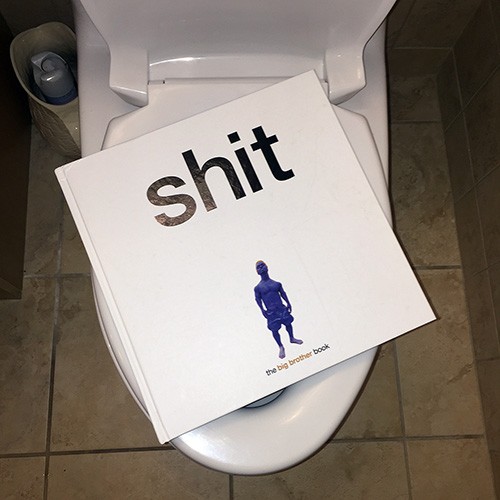
Skateboarders are nostalgic, and it’s hard to think of something as endlessly mourned since its demise as Big Brother. There have been tribute Instagram accounts, promises of the entire archive’s digitization, four-figure eBay listings of the full collection, and Dave Carnie even published a 700-page book of his writing from it.
Shit, released by DC Shoes, is a 224-page hardcover book that chronicles the 1992-2004 run of Big Brother magazine, and costs about $950 less than buying every issue at online auction. Sparing intros and an epilogue where eight principal editorial members reflect on their time at the magazine, the book consists of two-page spreads for every one of Big Brother‘s 106 issues. Each spread has the cover, the issue’s quotes section, and a scrapbook collage with highlights. Alongside the covers are behind-the-scenes stories from Sean Cliver and Dave Carnie, who split the blurb duties 53 / 53. It is remarkable how much information they retain from every issue’s creation. The full history of the publication plays out over the course of the book, and in many ways, coincides with the grander story of skateboarding’s resurgence into popularity throughout the nineties.
Skateboarding was a Macguffin for Big Brother; it progressed the story, but it wasn’t necessarily the story like it was for Thrasher or Transworld. Reading the blurbs, you get a feeling that if it were a magazine about fly fishing or wedding planning, the minds behind it would have come back with the same product. Big Brother wasn’t about the act of skateboarding as much as it was about this group of people bound by a common interest in it. Maybe that’s why we yearn for something like Big Brother over a decade after it’s demise: it was relatable, and you could feel the dysfunctional camaraderie between the people who sweated over creating its pages. We were never going to be up there waiting to drop in on the Encinitas ramp with J. Grant Brittain, but we knew exactly what it was like to go out, try and skateboard, but ultimately get sidetracked and end up doing some dumb shit.
In a two-year-old QS post pointing people in the direction of a short-lived Big Brother Instagram, a commenter derided the fawning: “this made me realize fuck a bunch of nerds with goatees that never skated being so fucking glamorized.” It struck as an odd thing to say for anyone familiar with the magazine. Our adolescent selves might’ve envisioned the Big Brother HQ like when Bart Simpson crashes the Mad Magazine office and asks for the tour, but these guys never hid behind a veil of glamour. They were self-deprecating as fuck.
There is nothing in the re-telling of the magazine’s story that revises the fact that it was run by awkward nerds who may not have necessarily been great at skateboarding. Cliver is upfront in acknowledging that he would not have been such a dick in his writing if he was getting laid throughout the years he worked there. Blowing paychecks and having to sleep at the office was a recurring theme for the staff. They had maybe one guy who was socially adept enough to handle the borderline charismatic task of ad sales. You see most of them naked at one point or other.
Much of the reflection after reading through Shit will lament a time before skateboarding became the sanitized, Olympic-bound and every-snarky-Instagram-comment-is-a-controversy thing that it is today. The book is a memento for a bygone era, but it is also current in its celebration of skateboarding’s unshakeable “not knowing what you’re doing but doing it anyway”-spirit. The staff would joke about photo scans coming back looking like the negatives were rubbed in sand. There was no semblance of editorial deadlines until they landed under the Larry Flynt umbrella and were forced to implement them. They gave away the first issue for free because they deemed it a failure. Read up on the inception story of any “small brand” having a moment right now and you’ll see a similar narrative. The stuff we stumble to create always means the most.
While we honor print for its permanence and chastise the insignificance of the web content, the physical magazine that we exalt the most lived in between the two. Big Brother celebrated the trivial as profound; there’s mention in the book of it once being given the Seinfeld-ian title of “a magazine about nothing.”
Most of us quickly realize our childhood dreams of going pro will be unfulfilled, but we continue skating anyway. We skate because although we’ll remember the day we learned back tails or nollie back heels, we’ll recall more stories of what happened between the session, or especially after it. Big Brother knew it was never going to be Transworld — that was the entire point. In doing so, it spoke to the extracurriculars of a life in skateboarding more than any other magazine: busting the new kid’s balls, blacking out in some unknown environment, going on a skate trip and coming back with barely anything that could be deemed “productive” to show for it.
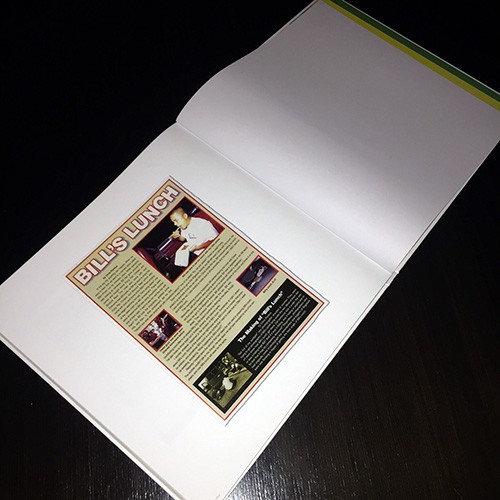
The last spread in Shit is a scan of an article about Bill Pepper’s lunch. It tells the story of a trip to B & H Cameras, where Bill stays back in the car and eats Chinese take-out. Under it, is a behind-the-scenes story about the writing of that article. It is maybe the most insignificant story committed to print. And it’s perfect. We can sit here romanticizing physical media, missing past eras, using that awful phrase “the state of skateboarding” — showering it all with nostalgic significance — but truly, all that old shit we nerd out and tear up over was made by skateboarders who never took it very seriously in the first place. Why should we?
Labor had copies of it as of this week. You can get it from your shop or support a chainstore ;) Official release date is March 1.


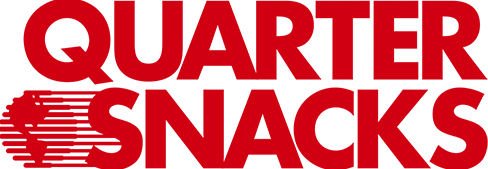
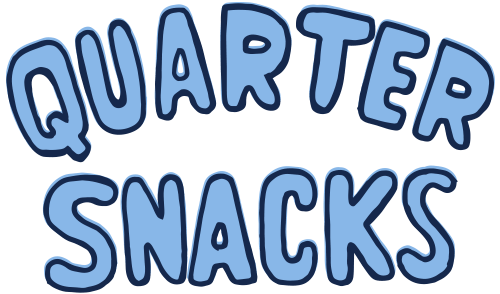
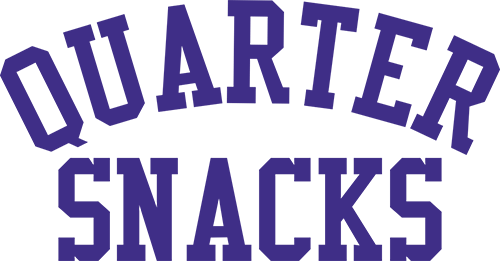

Great piece of writing, reminds me exactly why I love this site. Makes me wanna go out and fail to do any tricks on flat for like three hours straight
ps please include at least 3 people who can barely kickflip in each new clip, y’know, for the people
so good
/\
/\
/\
what they said
“Skateboarding was a Macguffin for Big Brother; it progressed the story, but it wasn’t necessarily the story like it was for Thrasher or Transworld. Reading the blurbs, you get a feeling that if it were a magazine about fly fishing or wedding planning, the minds behind it would have come back with the same product.”
yes, yes, yes.
damn kosta this is some grade a writing. sick
inspired writing
Lets not forget the most prolific figure in skate-niche pop culture: Jeff Tremaine